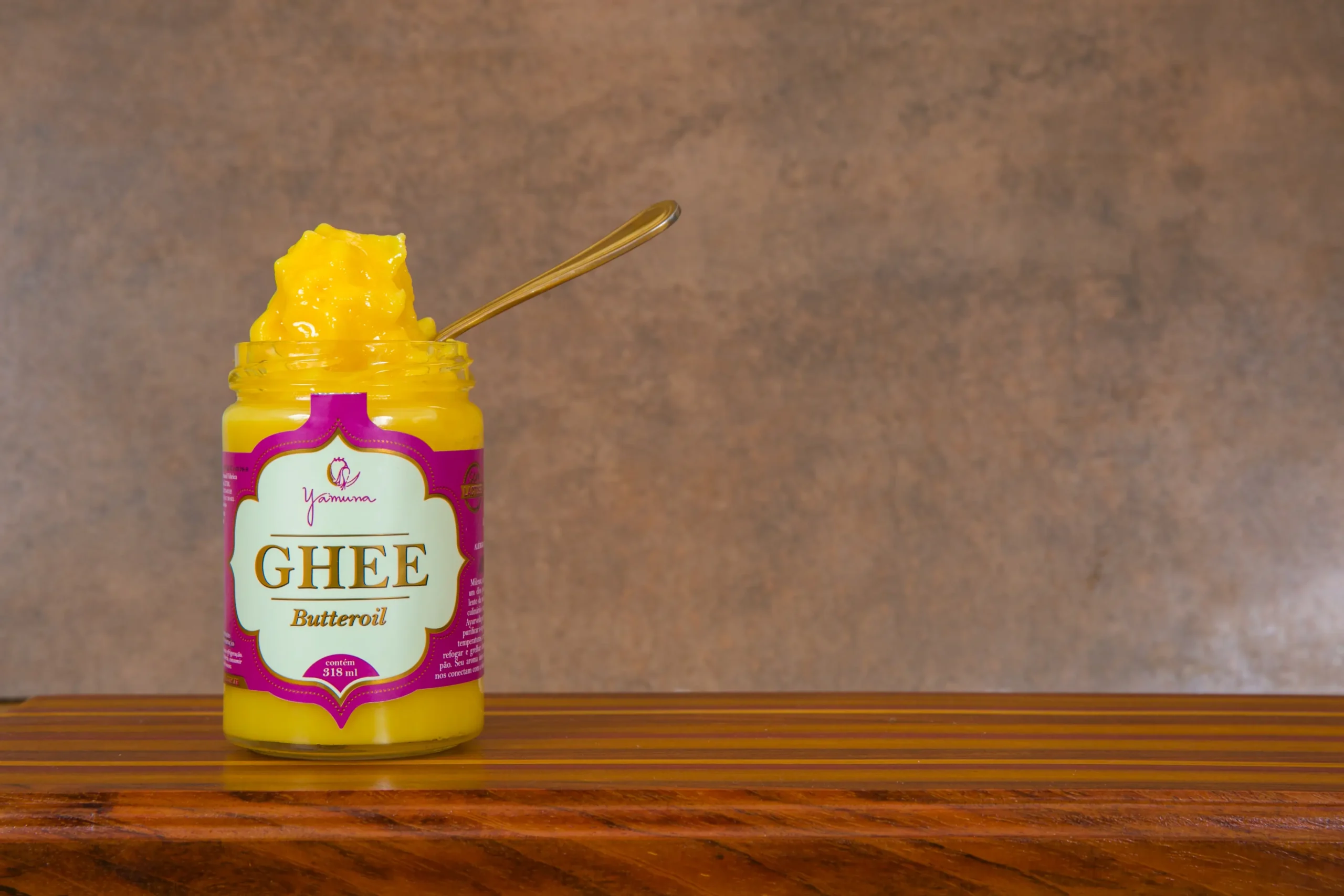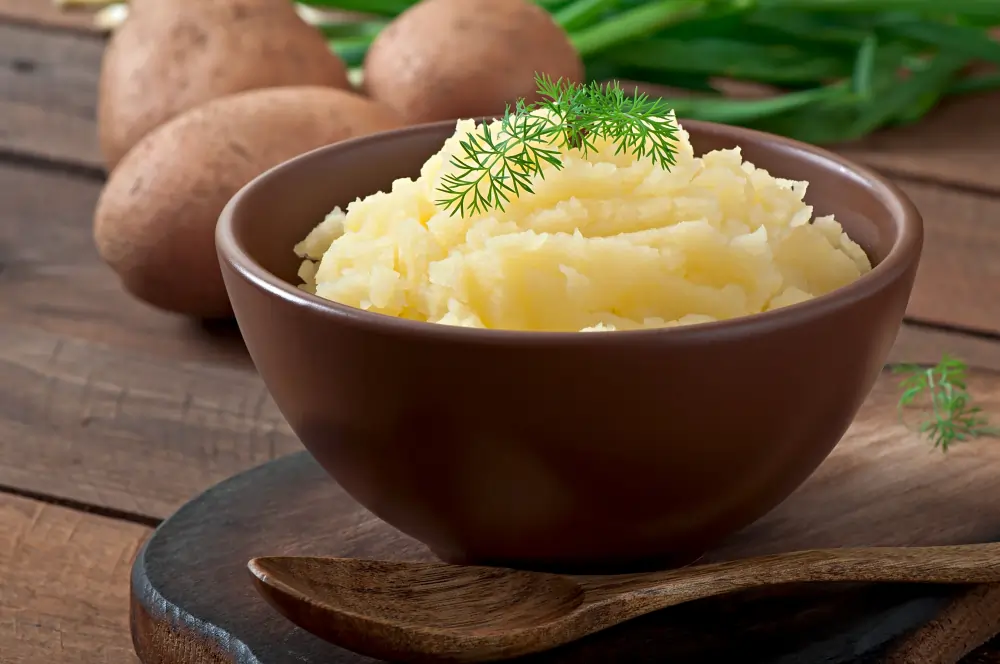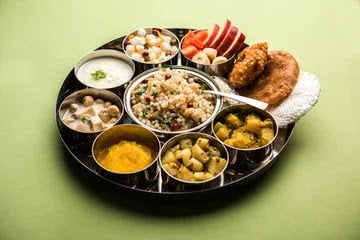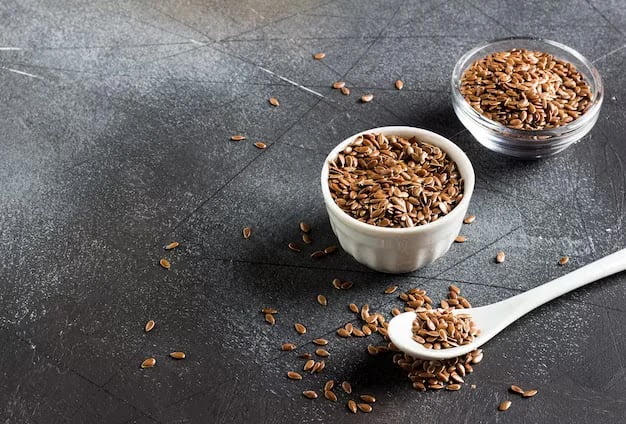
Introduction
Aging is a natural process that everyone experiences, but it’s no surprise that many of us strive to maintain a youthful appearance and vitality as we grow older. While there is no magic potion to turn back the clock, adopting healthy lifestyle habits can make a significant difference. One such habit revolves around our diet. In this article, we will delve into the world of ghee, an ancient Ayurvedic ingredient known for its numerous health benefits, especially in combating aging.
Understanding Ghee
Ghee is a type of clarified butter that originates from the Indian subcontinent. It is obtained by simmering butter and removing the milk solids through a straining process. The result is a golden, fragrant liquid with a rich nutty flavor. During this process, the water evaporates, and the milk solids settle at the bottom of the pan and are removed, leaving behind a concentrated form of butterfat.
Here’s a brief overview of ghee:
- Nutritional Composition: Ghee is rich in fat, containing saturated, monounsaturated, and polyunsaturated fats. It’s also a source of vitamins A, E, and K.
- Culinary Uses: Ghee is widely used in cooking, especially in Indian, Pakistani, and Middle Eastern cuisines. It’s known for its high smoke point, making it ideal for frying and sautéing.
Benefits of Ghee for Anti-Aging
- Rich source of essential fatty acids:
- Ghee contains essential omega-3 and omega-6 fatty acids, which play a crucial role in maintaining healthy cells and nourishing the skin from within. These fatty acids help to reduce inflammation and promote a youthful appearance.
- Powerful antioxidant properties:
- Ghee is packed with antioxidants that combat oxidative stress and free radicals in the body. The antioxidants in ghee help protect cells from damage caused by aging and environmental factors.
- Enhances skin health and elasticity:
- The healthy fats in ghee help moisturize and nourish the skin, promoting a natural glow and reducing the appearance of fine lines and wrinkles. Regular consumption of ghee can help maintain skin elasticity.
- Boosts immune function against aging:
- Ghee contains butyric acid, a short-chain fatty acid that supports the health of the gut and boosts the immune system. A strong immune system is crucial for preventing age-related illnesses and maintaining vitality.
- Supports brain health and cognitive function:
- Ghee is rich in omega-3 fatty acids, which are essential for brain health and cognitive function. Regular consumption of ghee may help improve memory and focus, reducing the risk of age-related cognitive decline.
Incorporating Ghee Into Your Diet
- Ghee as a cooking oil substitute:
- Replace your regular cooking oils with ghee while sautéing vegetables or frying foods. Ghee’s high smoke point makes it ideal for cooking at higher temperatures without producing harmful free radicals.
- Adding ghee to warm beverages:
- Stir a spoonful of ghee into your morning coffee, tea, or hot chocolate. Not only does it add a rich, creamy flavor, but it also provides a boost of healthy fats to start your day.
- Spreading ghee on toast or crackers:
- Instead of butter or margarine, spread ghee on your toast or crackers for a delicious and nutritious alternative. You can also experiment with flavored ghee, such as garlic or cinnamon ghee, to add an extra kick.
- Using ghee in baking and desserts:
- Incorporate ghee into your favorite baking recipes to replace butter or oil. Ghee adds a unique flavor and produces moist and tender baked goods. Try making ghee-infused cookies, muffins, or cakes for a delightful twist.
- Drizzling ghee over cooked vegetables or grains:
- After preparing steamed vegetables, rice, or quinoa, drizzle some ghee over the top for added flavor and nutritional benefits. The warmth of the dish will allow the ghee to melt and coat the ingredients evenly.
Does Ghee Increase Collagen?
Yes, ghee is believed to have benefits for the skin, including the potential to increase collagen production. According to some sources, ghee adds glow and brightens the skin, and its antioxidants may help activate collagen production. Additionally, ghee is said to strengthen skin and increase collagen, which is important for maintaining youthful skin. It’s important to note that while these benefits are part of traditional beliefs and some studies, more research may be needed to fully understand the effects of ghee on collagen production.
Tips for Buying and Storing Ghee
When purchasing ghee, opt for organic or grass-fed varieties to ensure higher quality and avoid added chemicals or preservatives. Look for ghee produced from cows that have been grass-fed, as this will provide a better balance of nutrients.
To store ghee, keep it in an airtight container away from heat and sunlight. Ghee does not require refrigeration and can be stored at room temperature for months without spoiling.
Best Ghee for Anti-aging?

When it comes to selecting the best ghee for anti-aging purposes, you might want to consider washed ghee. It’s a special preparation of ghee that has been traditionally used in Ayurveda for its skin-nourishing properties. Washed ghee is made by washing ghee with purified water multiple times, which transforms it into a creamy substance that is believed to penetrate all seven layers of the skin.
This type of ghee is rich in omega-3 and 9 fatty acids, vitamins A, D, E, and K, and conjugated linoleic acid (CLA), all of which are known for their skin health benefits. These nutrients can help reduce oxidative stress, which causes the skin to look dull and lifeless and may also help reduce skin inflammation.
For making your own anti-aging ghee moisturizer, you can follow traditional recipes or even find ready-made washed ghee products. One such product mentioned is Simply Ghee, which is highlighted for its quality. However, it’s always a good idea to do a patch test before applying new products to your skin, especially if you have sensitive skin or allergies.
Remember, while traditional practices and some studies suggest the benefits of ghee for skin health, it’s always best to consult with a healthcare professional or a dermatologist for personalized advice.
Conclusion
Incorporating ghee into your diet can be a delicious and effective way to combat aging naturally. Its numerous benefits, such as providing essential fatty acids, acting as a powerful antioxidant, and supporting skin health and cognitive function, make it a valuable addition to any anti-aging regimen. Start making small changes today and witness the long-term positive effects of ghee on your health and aging process.
FAQs About Including Ghee in Your Diet for Anti-Aging
- Is ghee suitable for individuals following a lactose-free diet?
- Yes, ghee is nearly lactose-free as the milk solids are carefully removed during the clarification process. It is generally well-tolerated by lactose-intolerant individuals.
- How much ghee should I consume daily for anti-aging benefits?
- It is recommended to consume 1-2 tablespoons of ghee per day to reap its anti-aging benefits. However, it’s important to maintain a balanced diet and consult with a healthcare professional if you have any specific concerns.
- Can ghee be used by individuals with cholesterol concerns?
- While ghee is high in saturated fat, recent research suggests that moderate consumption of ghee does not significantly impact cholesterol levels. However, individuals with existing cholesterol issues should consult their doctor before adding ghee to their diet.
- Can I give ghee to children or include it in their meals?
- Ghee can be beneficial for children’s health when consumed in moderation. It provides essential fatty acids necessary for growth and development. However, it’s essential to consult a pediatrician before introducing ghee to a child’s diet.
- Are there any other dietary precautions to consider when consuming ghee?
- Ghee is generally safe for most people when consumed in moderation. However, if you have specific dietary restrictions or medical conditions, it’s always wise to consult with a healthcare professional to ensure it aligns with your individual needs.


